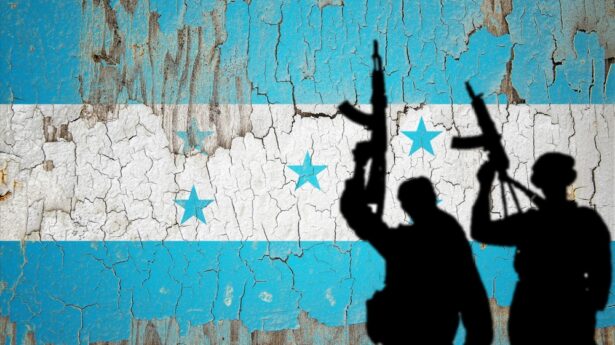The Unitarian Universalist Service Committee advances human rights through grassroots collaborations.
UUSC Partner Highlights the Pivotal Role of Youth in Egypt’s Revolution
February 16, 2011
On Friday, February 11, 2011, people throughout Cairo, Egypt, and the world at large celebrated the success of the popular Egyptian uprising in unseating Hosni Mubarak and taking the first steps toward a democracy built by the people. That afternoon, in collaboration with their campus initiative Project Nur, UUSC partner the Hands Across the Mideast Support Alliance (HAMSA) provided detailed perspectives on the recent developments in a panel discussion, “Egypt and Beyond,” at the Harvard Kennedy School. Featuring activists and bloggers on the ground in Egypt as well as in the United States, the discussion highlighted the driving force of youth in the revolution — and what it might mean moving forward.
As it was in Tunisia, the protests in Egypt were planned by youth activists — many of whom were involved in the April 6 movement — who used Internet and social-media savvy to organize their efforts. Panel speaker Jillian York, a blogger at OpenNet Initiative who is currently working at the Berkman Center, detailed how much of the organizing was structured. According to York, one of the reasons these tools are so useful is their dynamic capacity for comment and discussion. As the Atlantic reported, Google Documents was used to develop and garner real-time feedback on a step-by-step organizers’ plan for the January 25 protest with explicit instructions on how to spread the information. Another example of this is the now-famous “We Are All Khaled Said” Facebook page, created by Wael Ghonim, became a locus of activity where activists could share tools, plan events, and network in real time.
Dalia Ziada, an Egyptian liberal blogger, civil-rights activist, and director of the American Islamic Congress’s regional office based in Cairo, credits much of the strength of the movement to the openness of youth to Internet technology. “It is the young opposition movement that created the January 25 revolution,” noted Ziada, who joined Friday’s panel via Skype from Egypt.
She emphasized that social media enabled engagement with people who weren’t traditionally political activists. “Everyone identified themselves with Khaled Said; they didn’t want to be grabbed by some policemen while they were in a cybercafé or going out with their friends and be beaten and die just because they didn’t submit or give them a bribe. . . . The Khaled Said story helped bring the people who weren’t interested in politics into politics.” The result? The growing opposition “moved from Facebook to Tahrir Square,” as Ziada put it.
The goals of the youth movement are clearly rooted in progressive, secular ideals. “We have been under military rule for the past 30 years — we want a civil state, a liberal democracy.” Ziada said. “It is not the Muslim Brotherhood that started the revolution, it is the young people who are looking for civil rights, for liberty.” She shared that more than 60 percent of the population are under the age of 30 — and the majority of that group do not want an Islamic state; despite being people of faith, they want a secular democracy.
Nasser Weddady, panel speaker and civil rights outreach director for HAMSA, communicated the scale and weight of the revolution well: “It is an earthquake in the history of the Middle East.” How exactly things will proceed remains to be seen, but the youth movement have made their voices heard and made change happen — and they aim to do more of the same moving forward.

